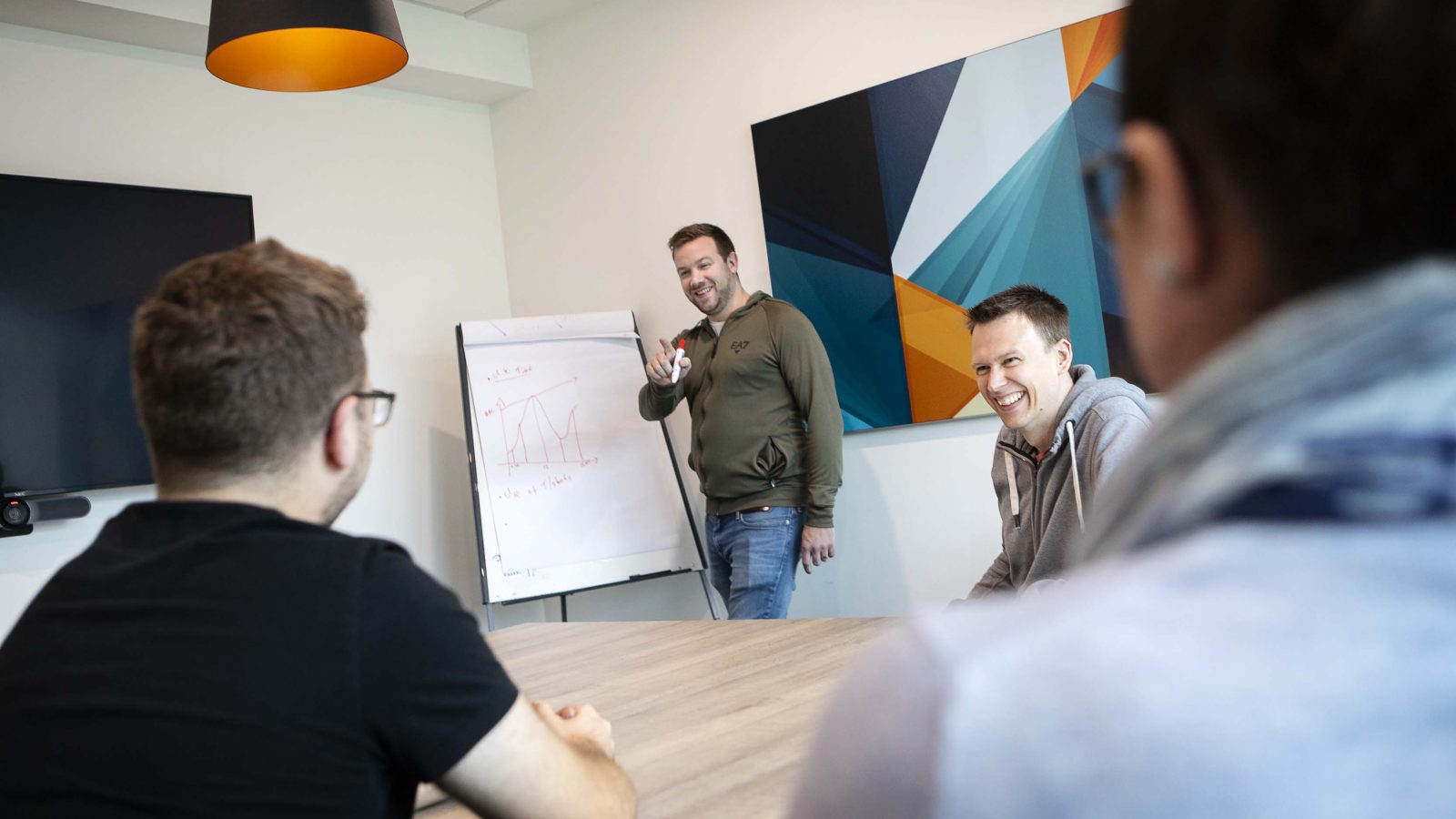
Wellbeing awareness at work has been around for a few years now with many open discussions on how to drive initiatives forward. Positivity and enthusiasm usually abound as we all aim for tip-top health and better productivity. Great news, but as well as our physical health what about the other one - our mental health? And more importantly where is its place in the wellbeing conversation?
Generally, mental health is a subject many people still find hard to talk about, either as someone who has mental health issues or as someone trying to help. Most of us are still a little unsure and scared of the term whilst stigma still remains rife. Not great news if you are someone looking for direction in taking that critical first step.
The statistics alone are alarming. The Davies Annual Report of the Chef Medical Officer states that approximately 1 in 4 adults in England have been diagnosed with mental illness, while 1 in 5 report experiencing mental health issues without being diagnosed. This staggeringly high proportion then costs, says the ONS, the U.K. an estimated £70-100 billion a year.
Mental Health First Aid (MHFA) is a training company aiming to achieve zero stigma and reduce the perceived gap between mental and physical health. Passionate about reclaiming people’s dignity so they can live beyond an identity of illness they train companies to help support their employees.
As a workplace consultant at Claremont Group Interiors I was fortunate enough to attend a one-day first aid training course. Along with eleven of my colleagues we learnt how to manage non-judgmental conversations for anyone who may need to talk.
The course teaches you different types of mental health, the signs to look out for your personal abilities and limitations as you direct someone towards expert help. But in a wider sense it’s about becoming better informed that mental health is an essential part of the much talked about wellbeing conversation.
Senior managers don’t consider mental health issues as serious a reason for absence as other illnesses; while 57% considered a cold or flu as a serious reason.
If someone breaks a leg and is off work ill, then it’s acceptable to send a flurry of get well wishes and maybe even flowers. Yet if you are absent due to a mental health reason why is it usually spoken about in hushed tones or worse still, brushed under the carpet.
Stigma – as we were taught – is the biggest delay in speed to recovery. Recovery always starts with that first step. Without stigma people would be more inclined to just simply step forward for help. Zero stigma, therefore, could be a life changer.
As workplace designers our industry has an opportunity – and obligation – to build healthy happy workspaces where people can thrive with a sense of purpose and identity. It was great to see a wide set of skills mix of designers, consultants, PMs, HR and contractors who can in their own unique way bring mental health and wellbeing to the top of the workplace agenda.
OFFICE INTERIOR
DESIGN & BUILD
From Workplace Consultancy through design, to the build and beyond. Whether you use all or part of our capabilities, you’ll find we’re a safe pair of hands.
Workplace Consultancy
Helping you achieve the optimal combination of people, space and technology, enabling your organisation to realise its maximum potential in a FutureFlexible way.
Design & Build
Claremont’s comprehensive in-house capability takes care of it all, it’s an end-to-end solution that mitigates risk, accelerates timescales and controls costs.
Workplace Furniture
We believe furniture has a huge impact on the people using it. We aren't limited to a specific range of suppliers, so finding exactly the right products for you or even designing you something unique is at the heart of our approach.
Workplace Technology
Just the right tech fully integrated with your space gives you that all-important agile and collaborative environment.
